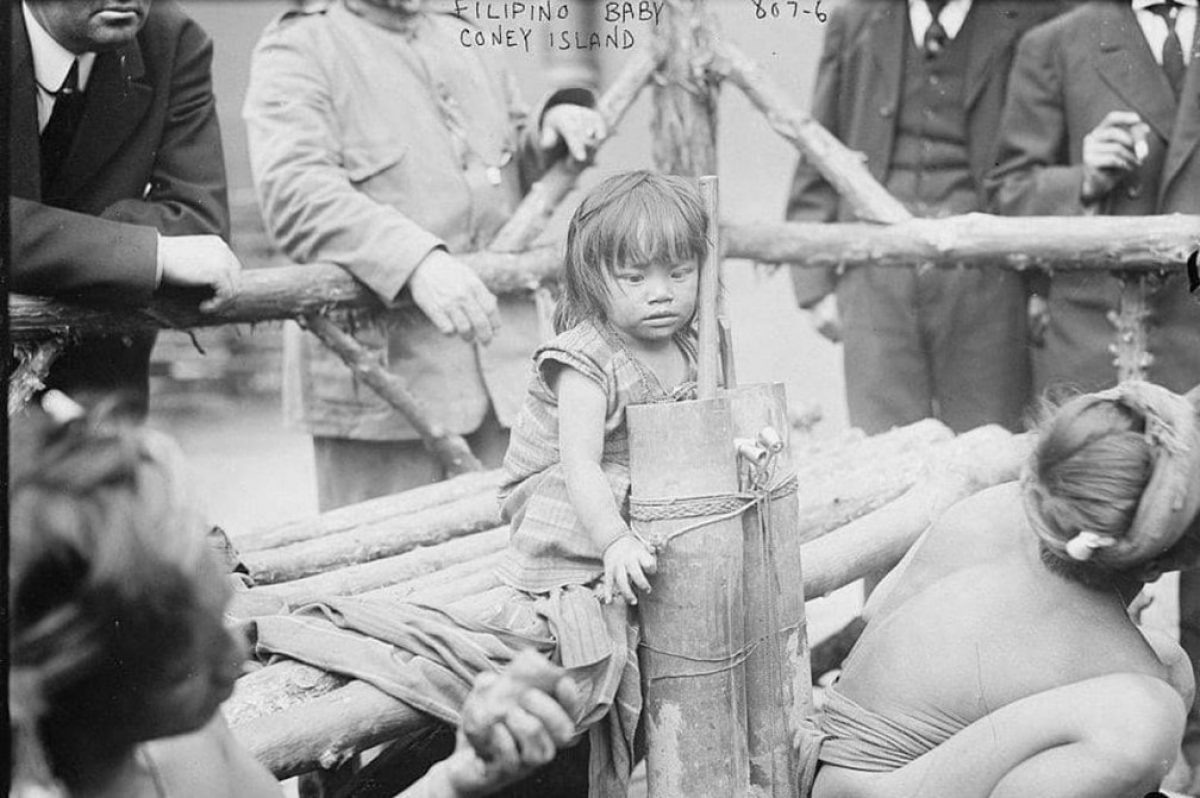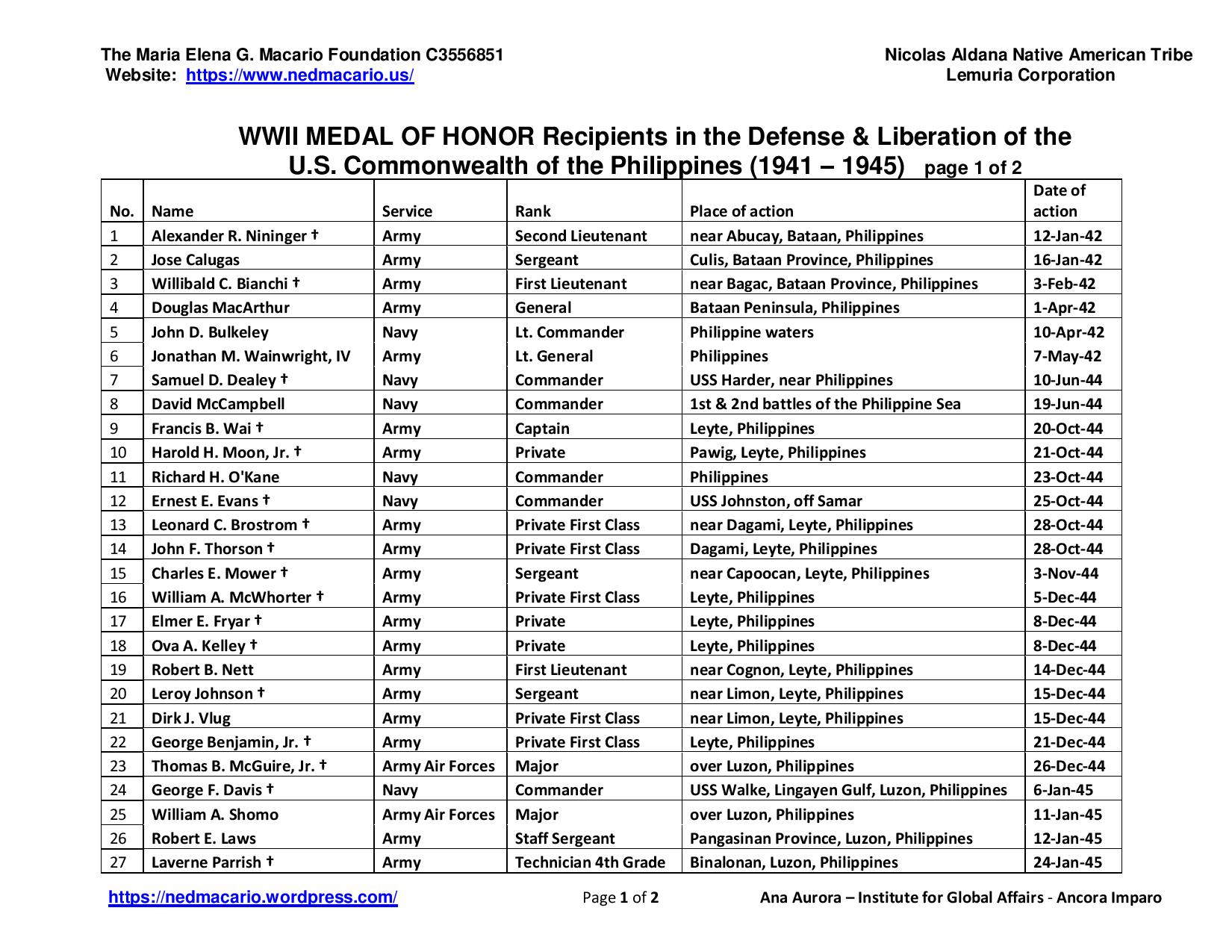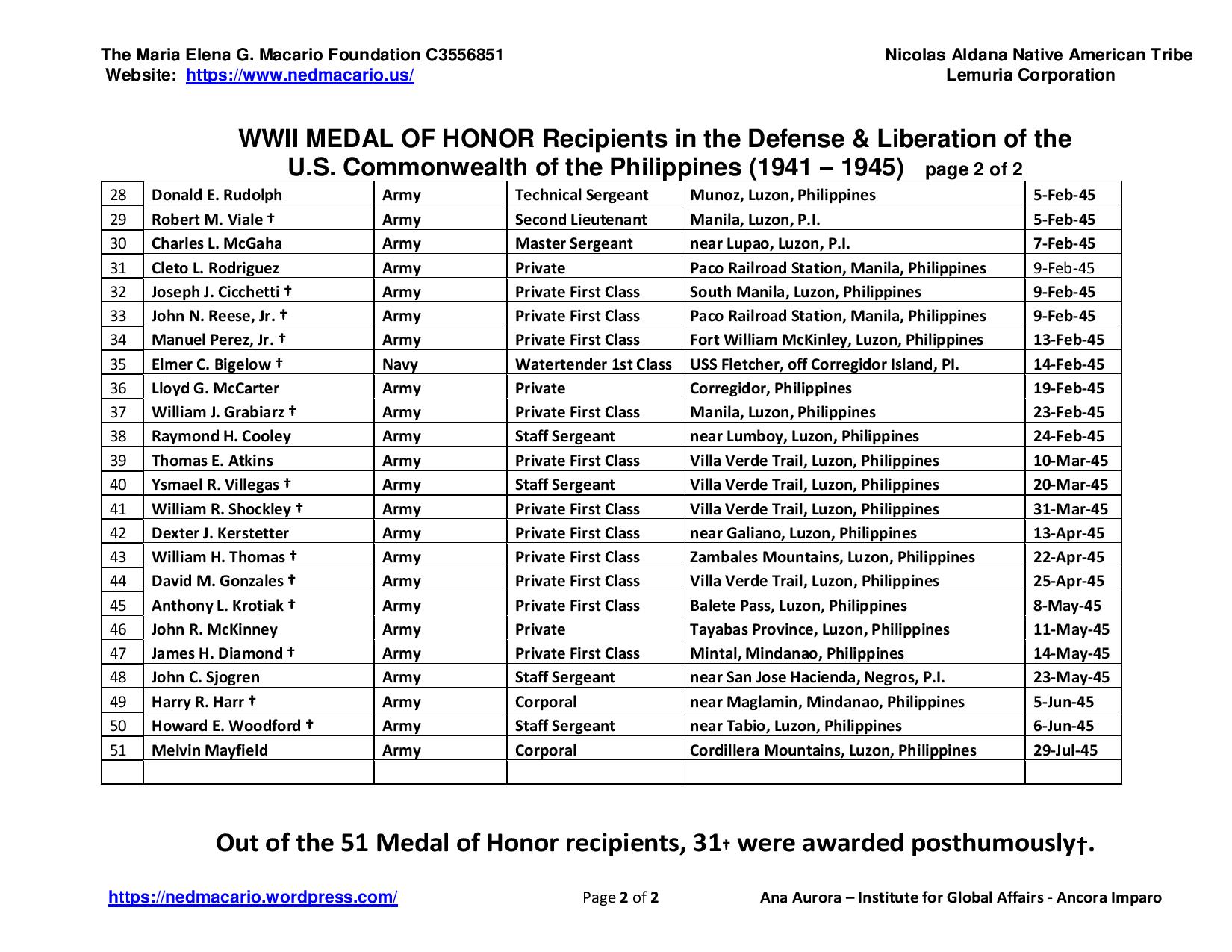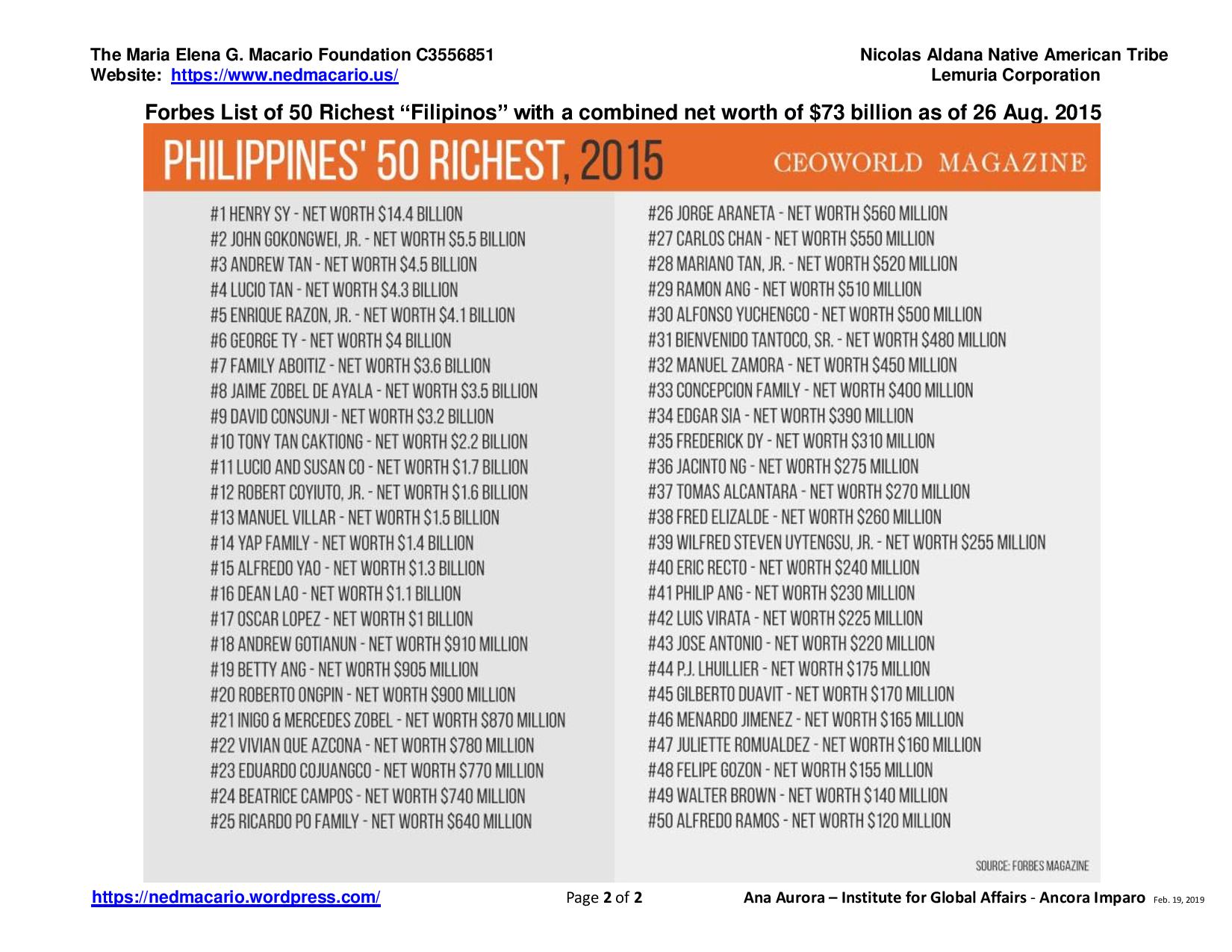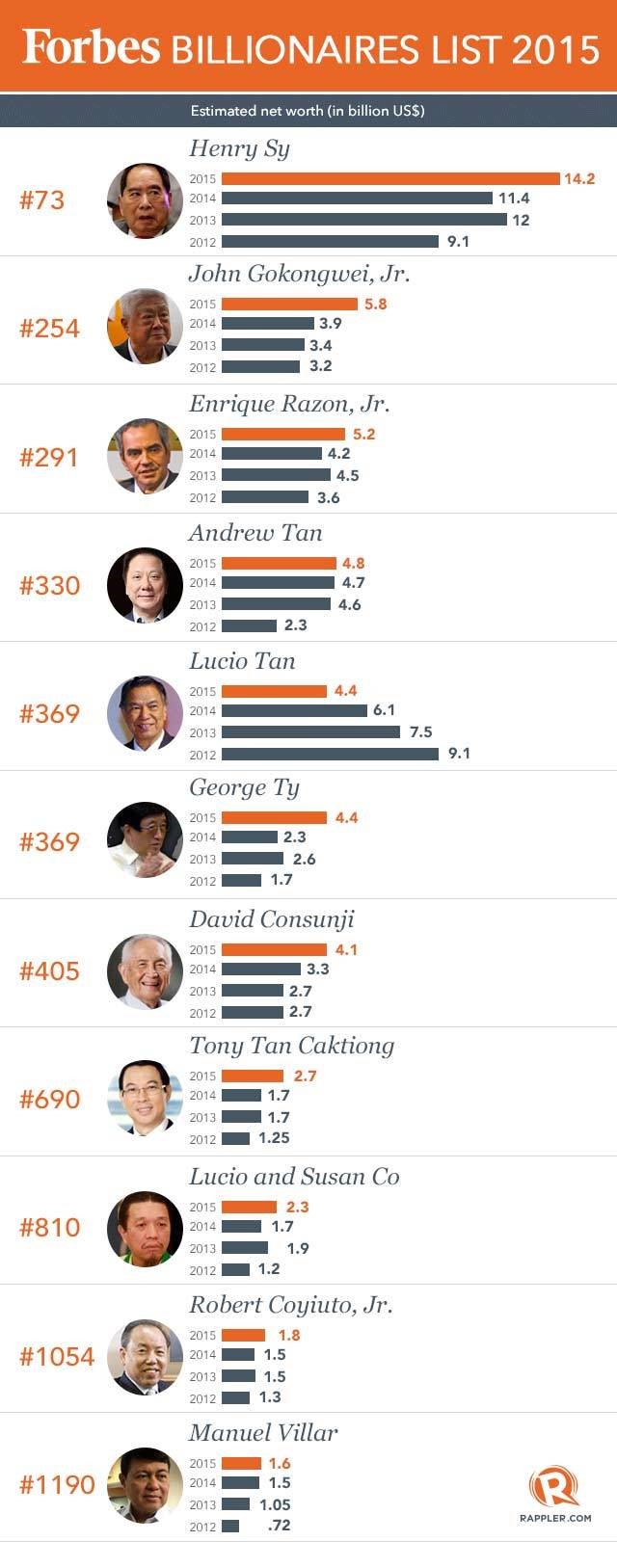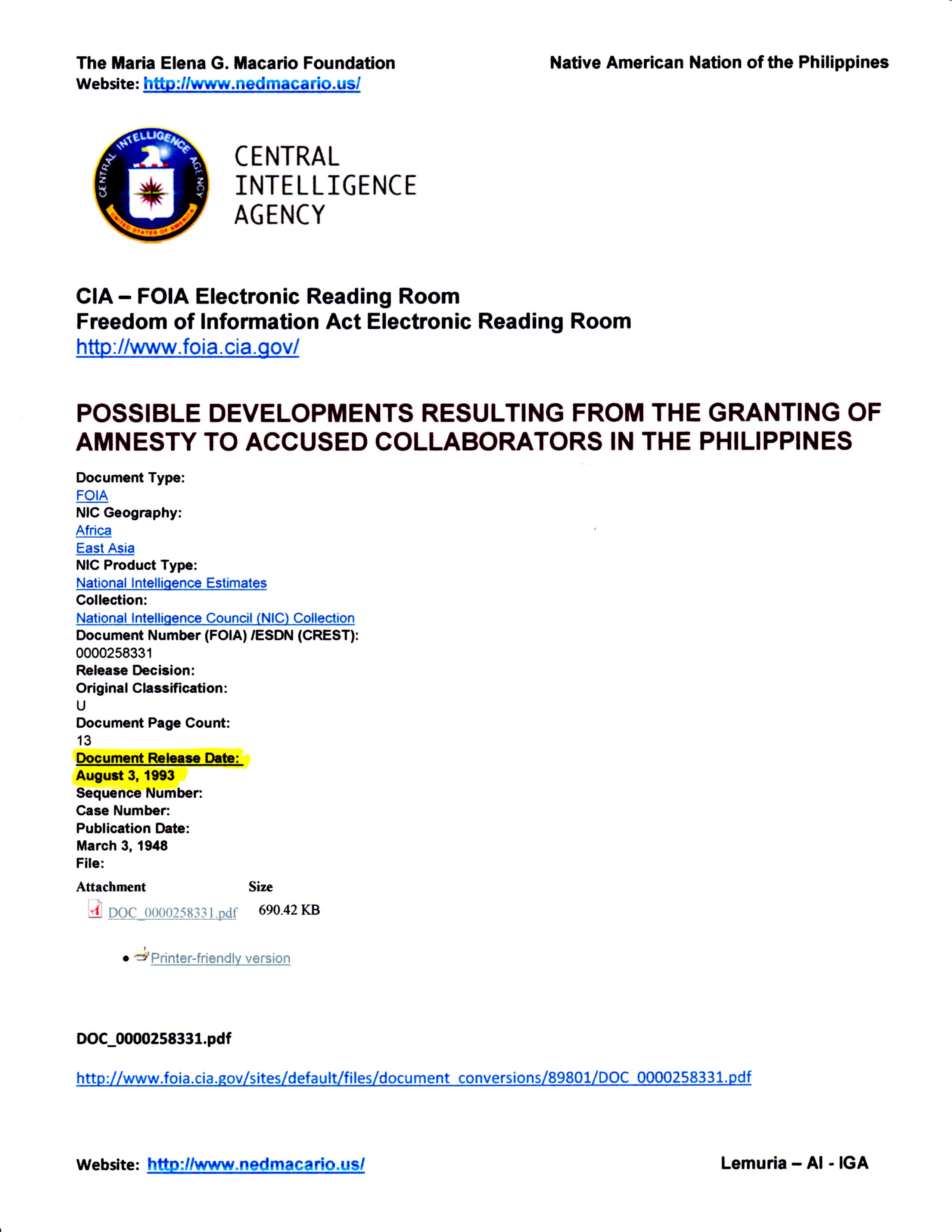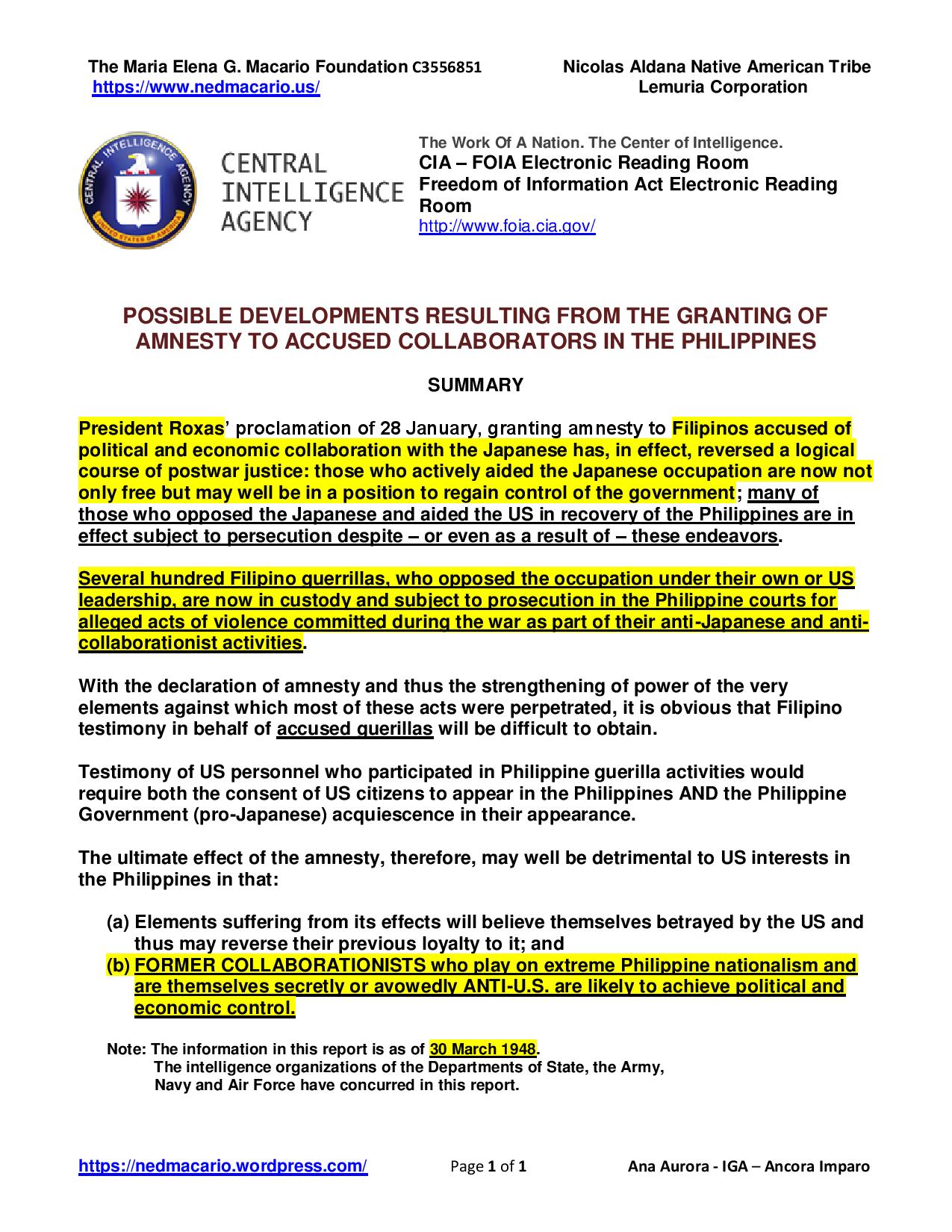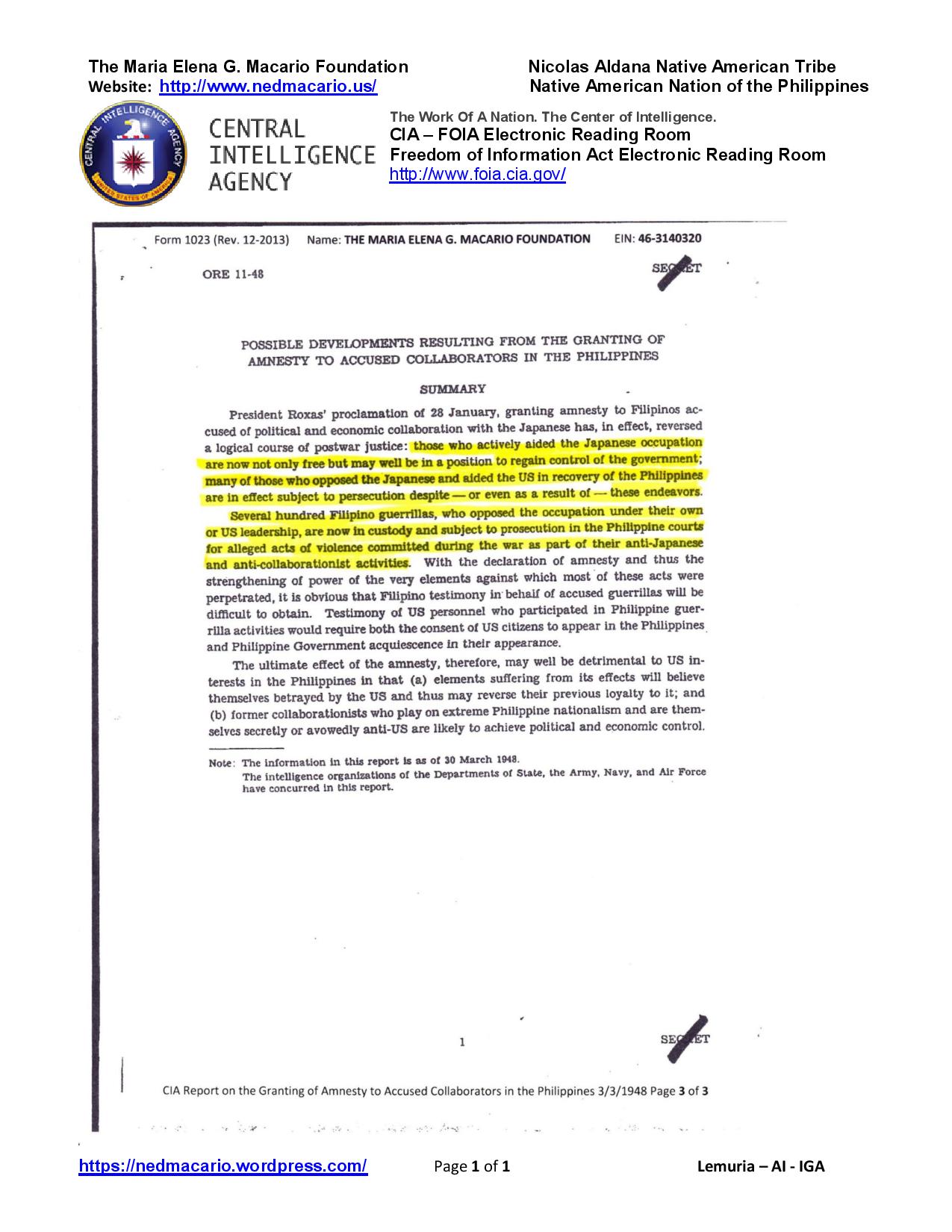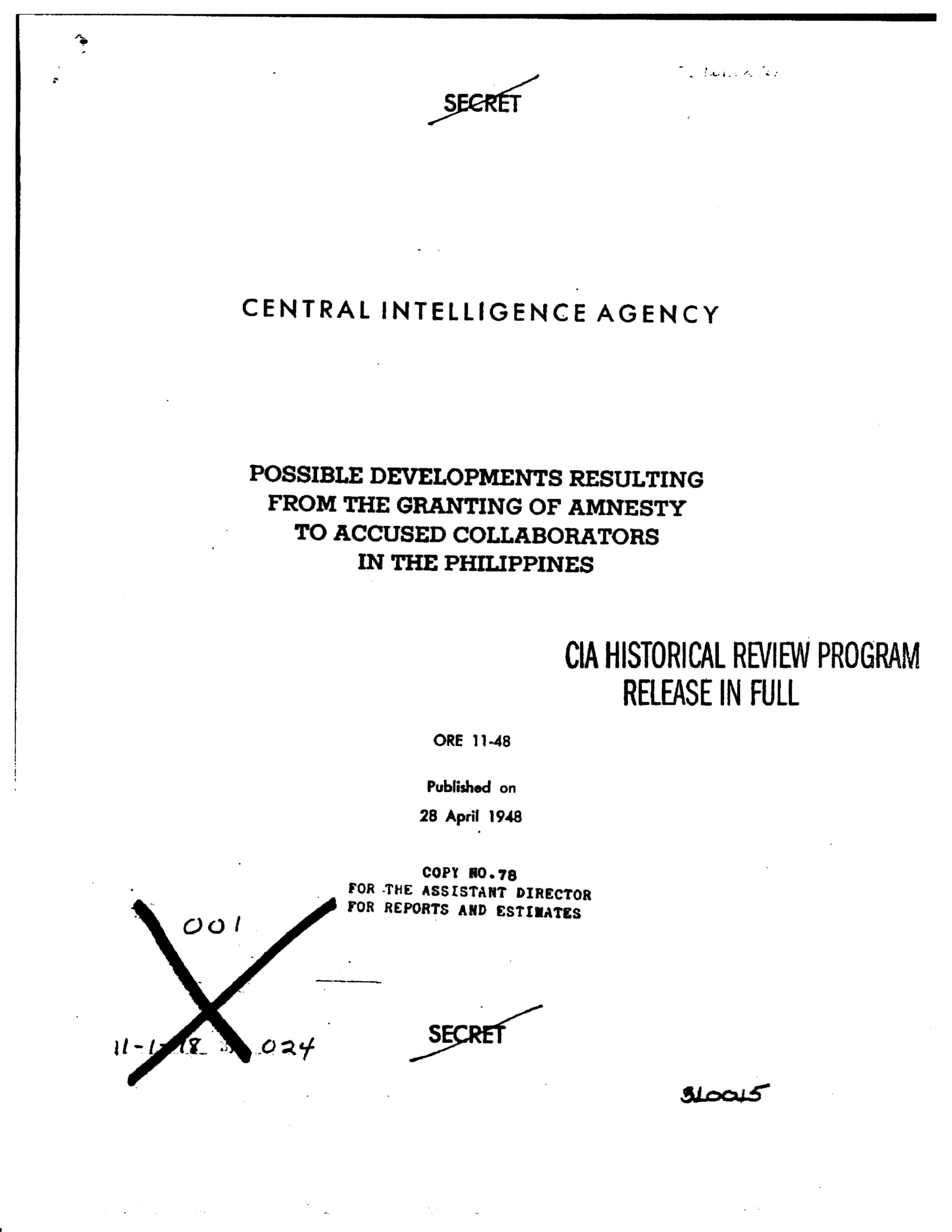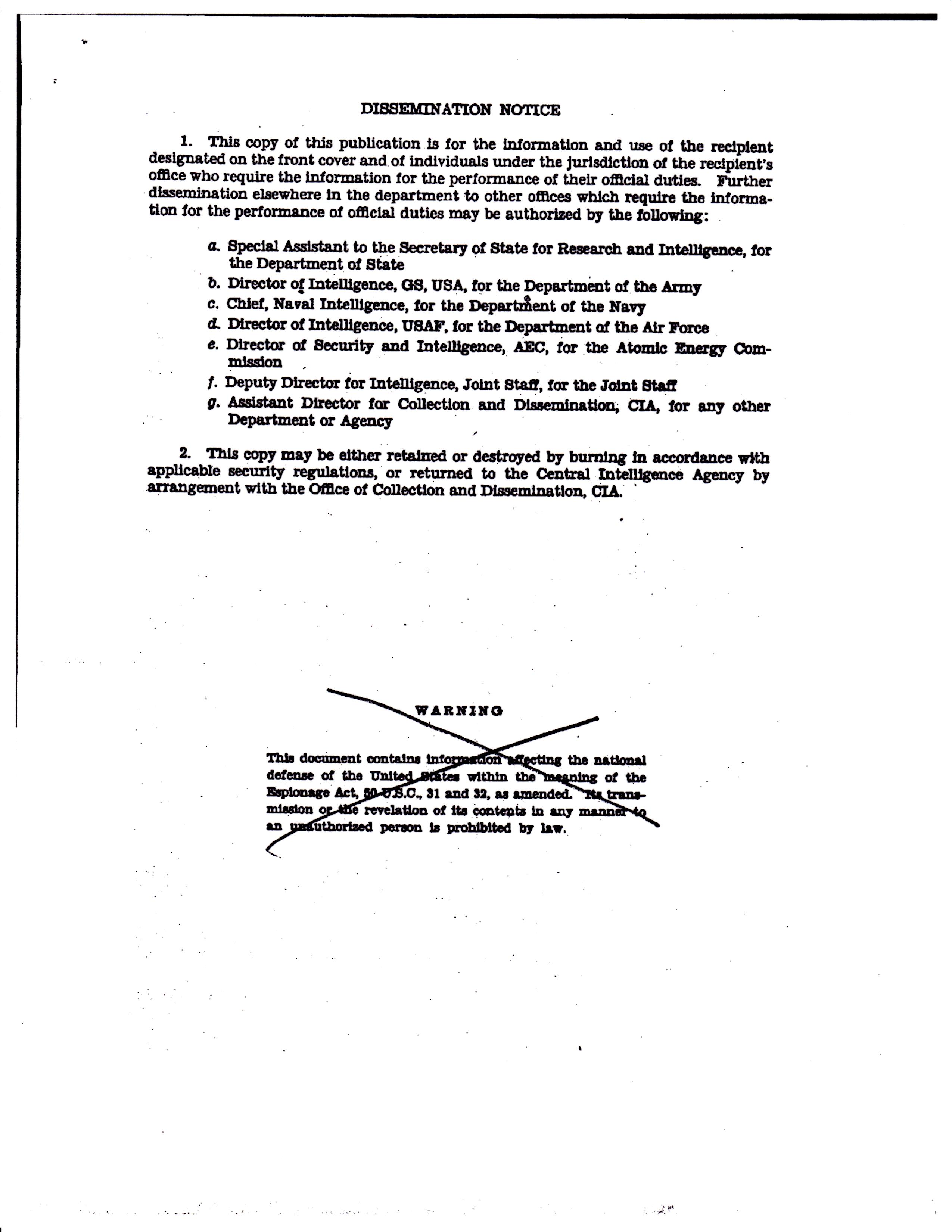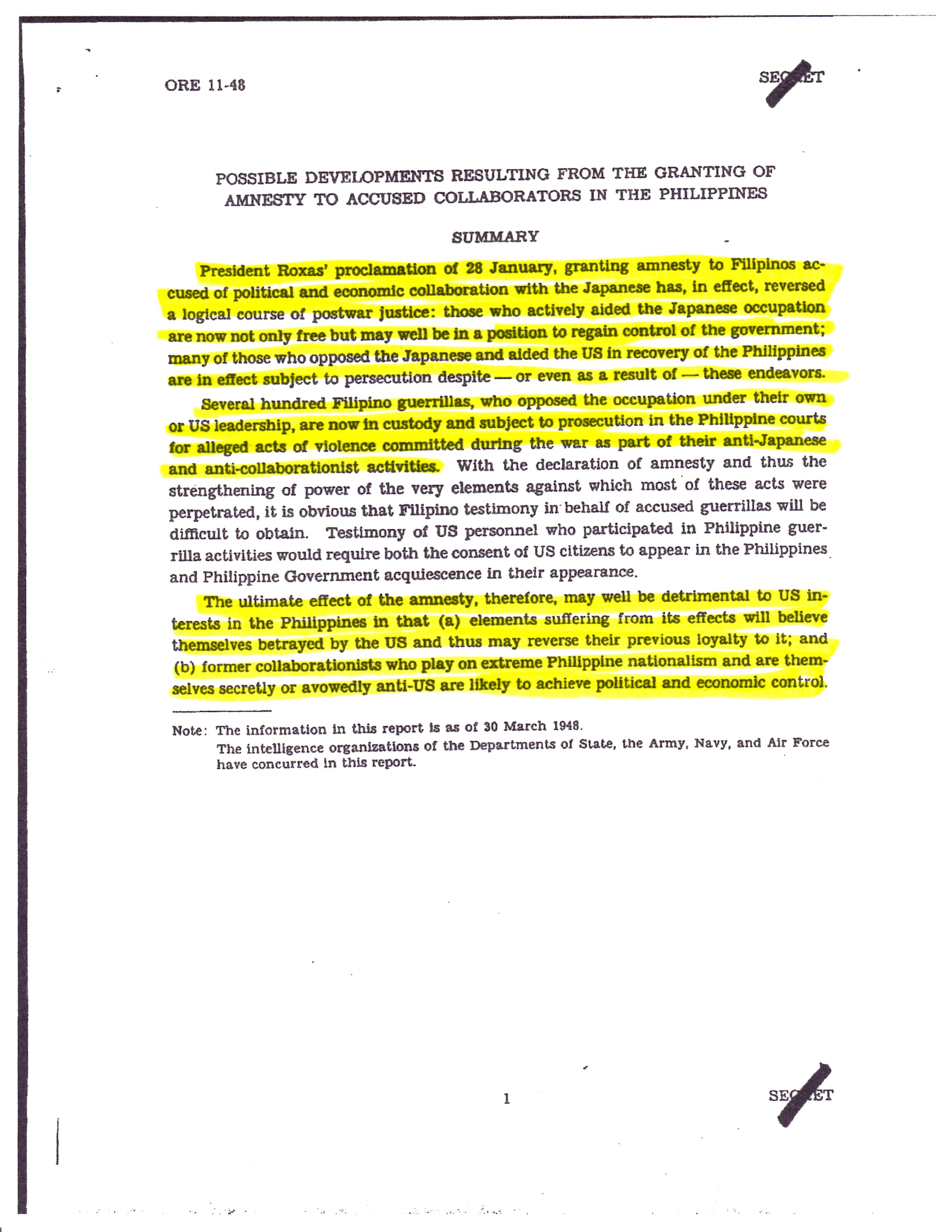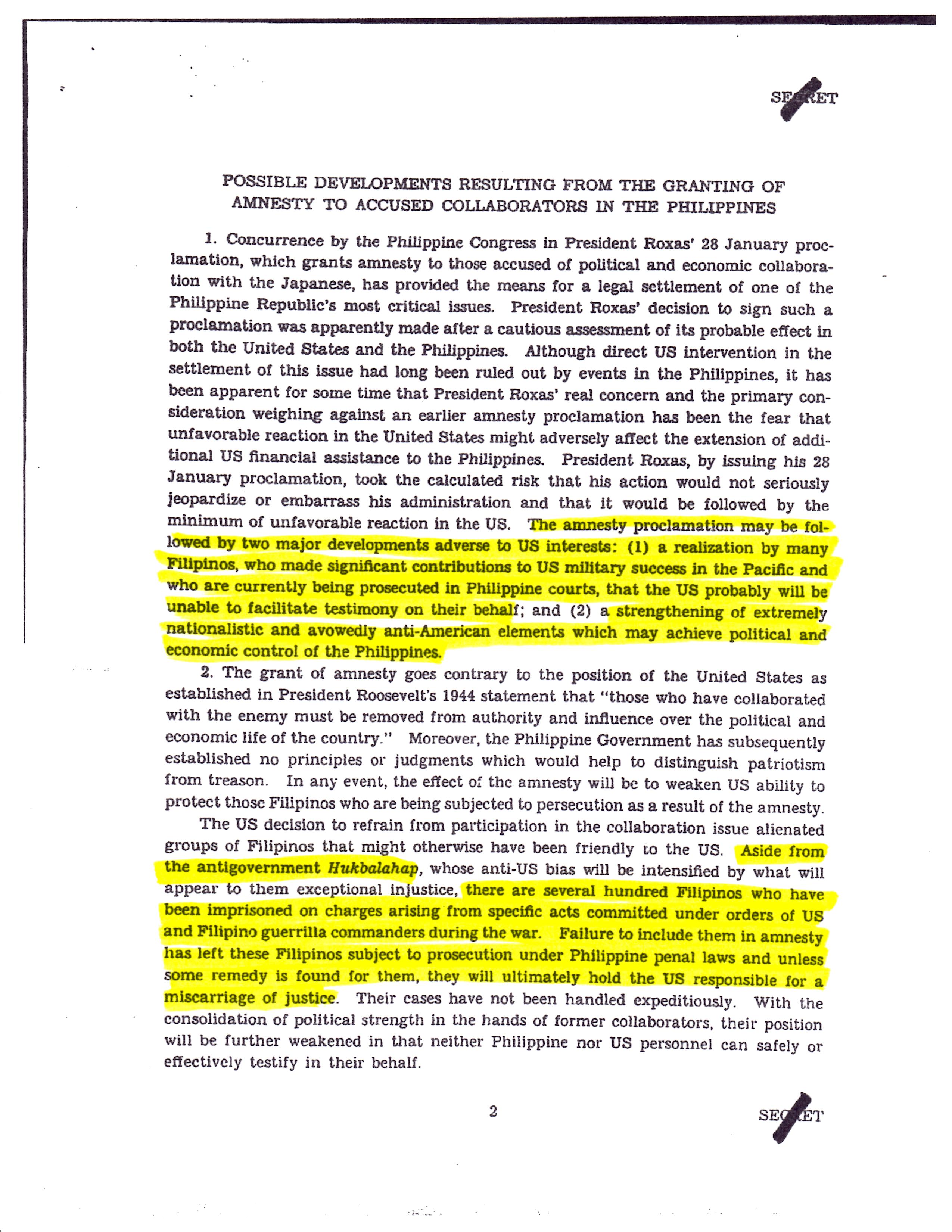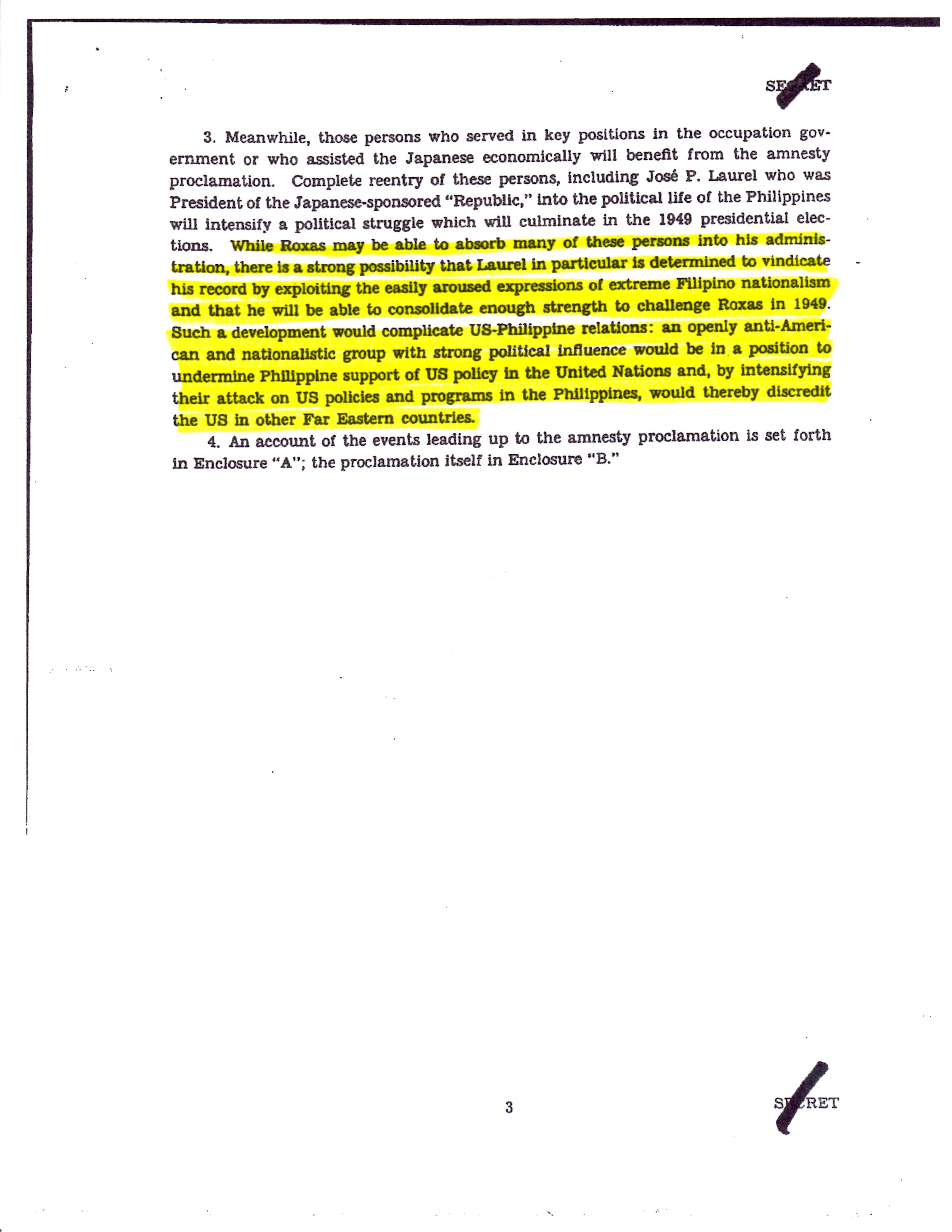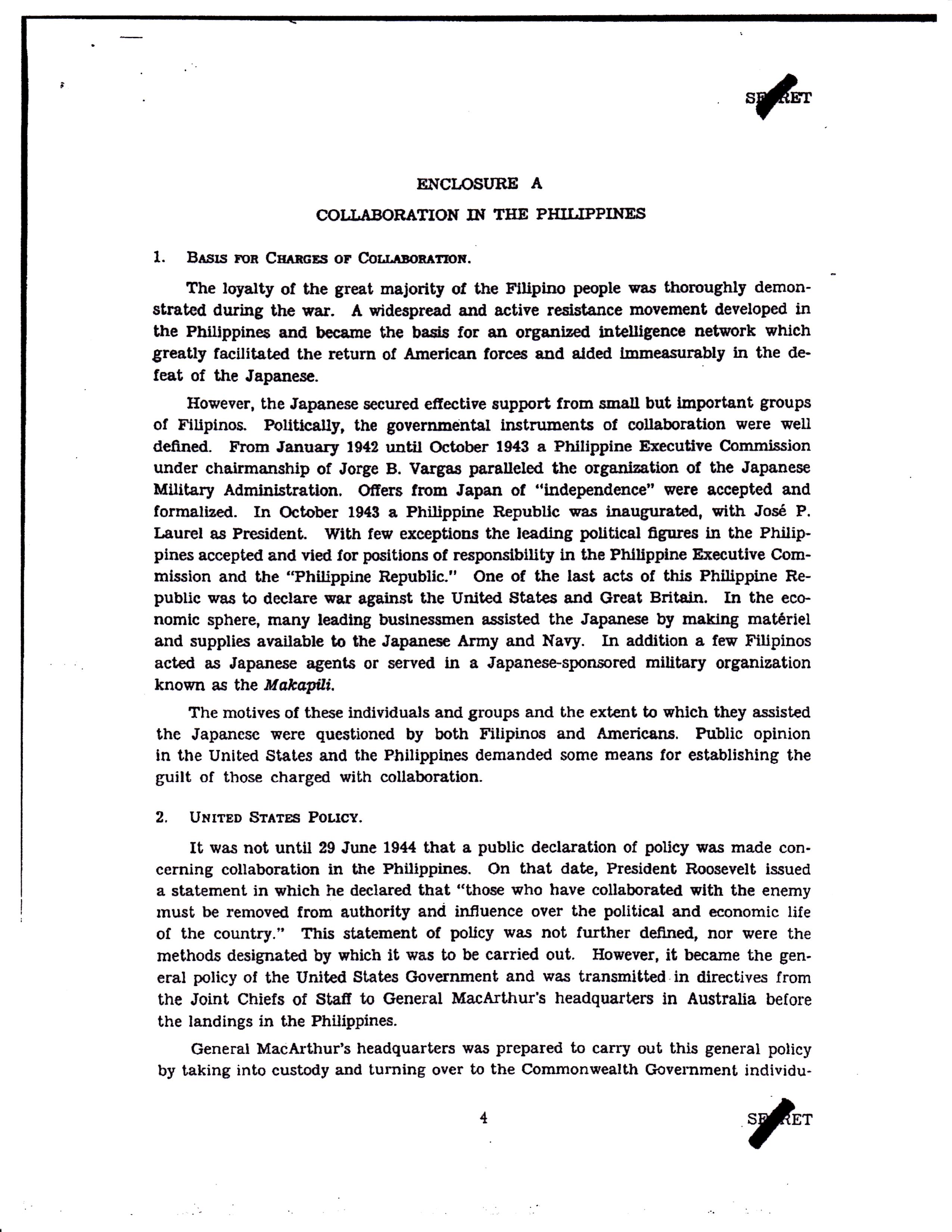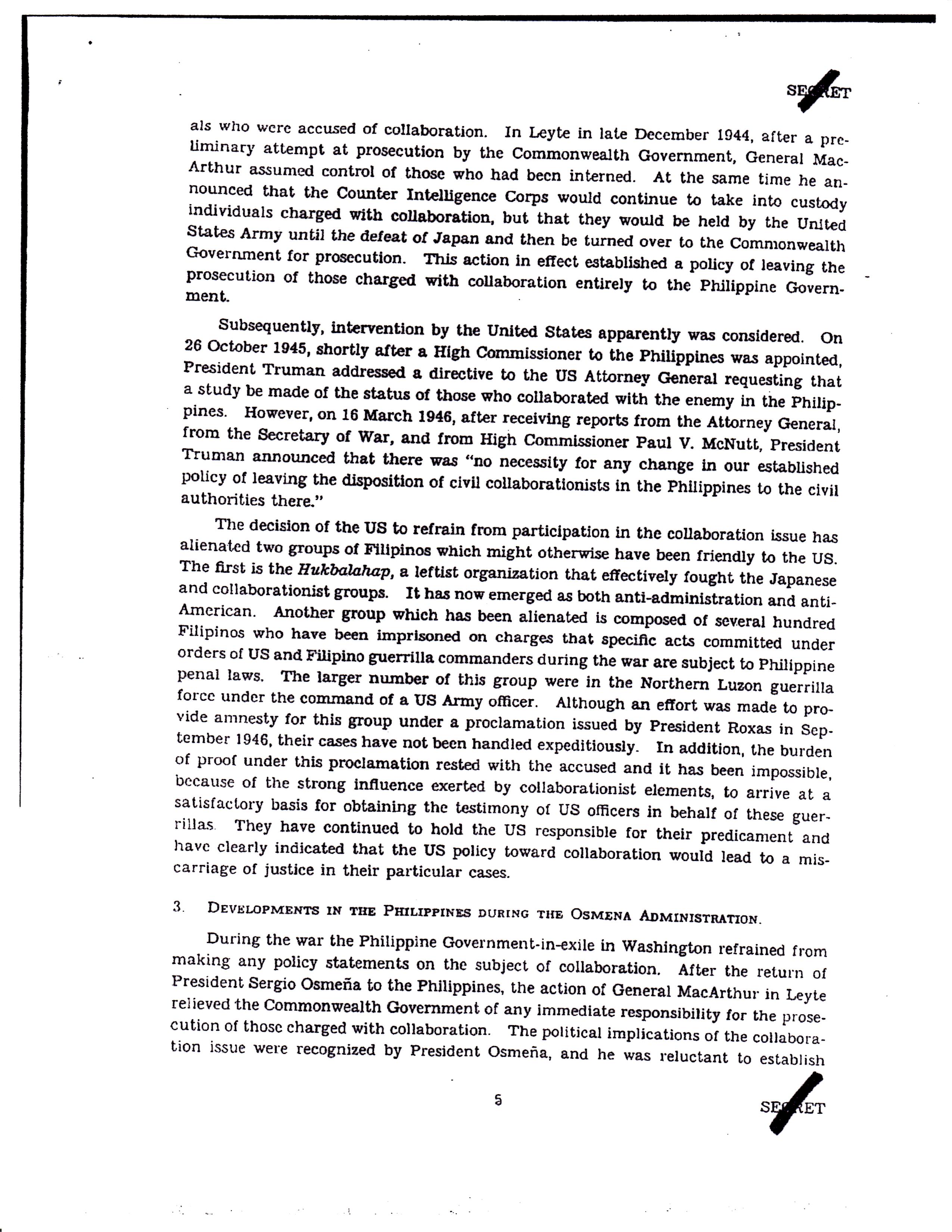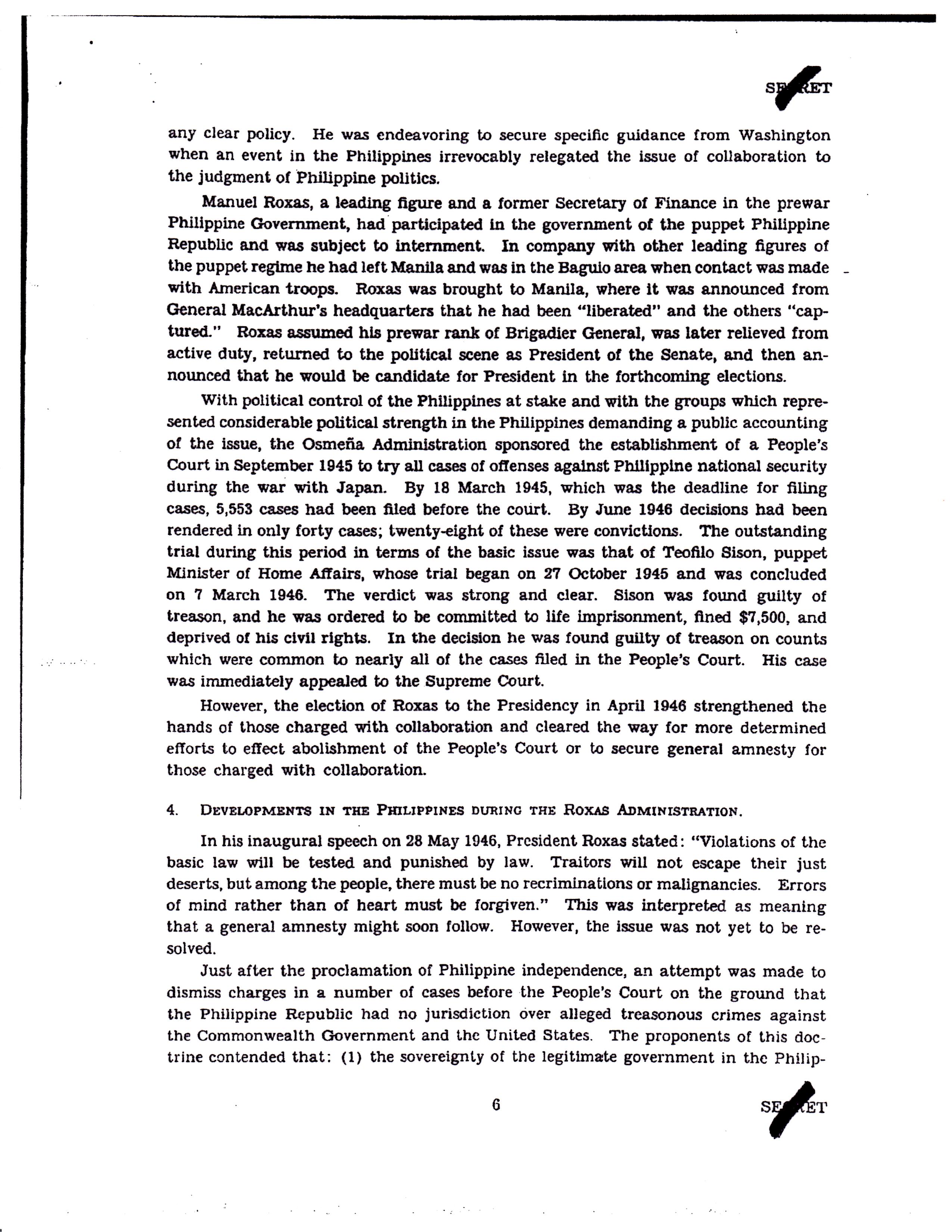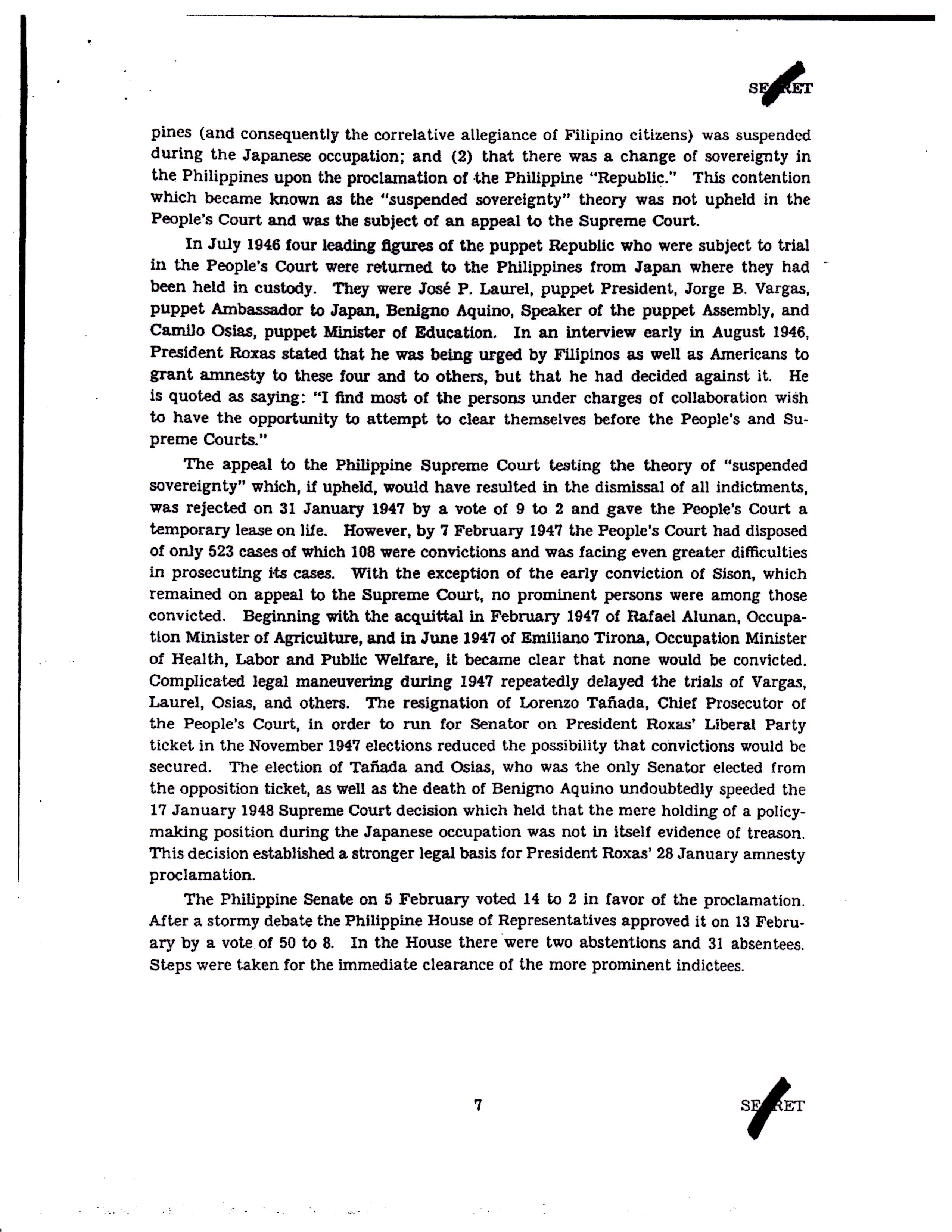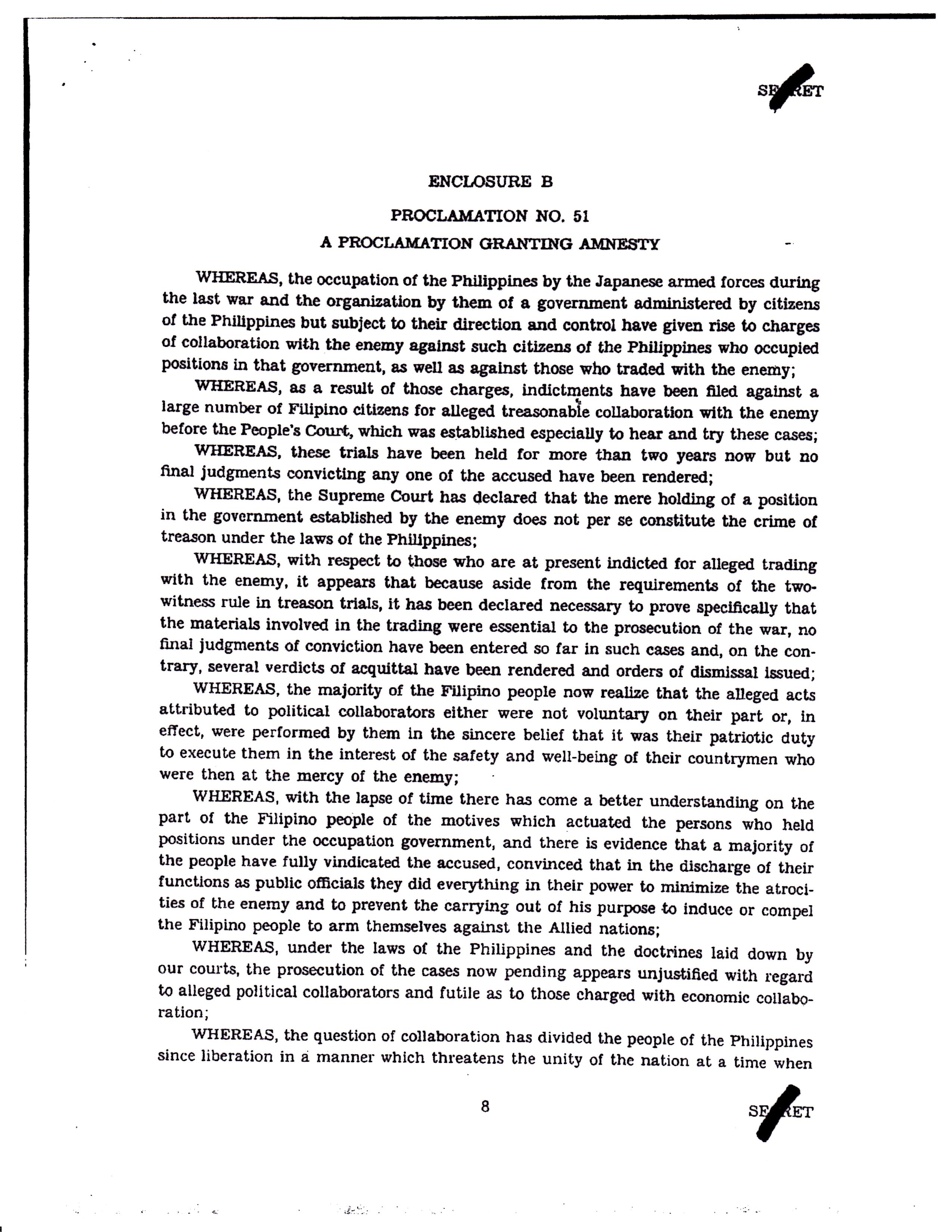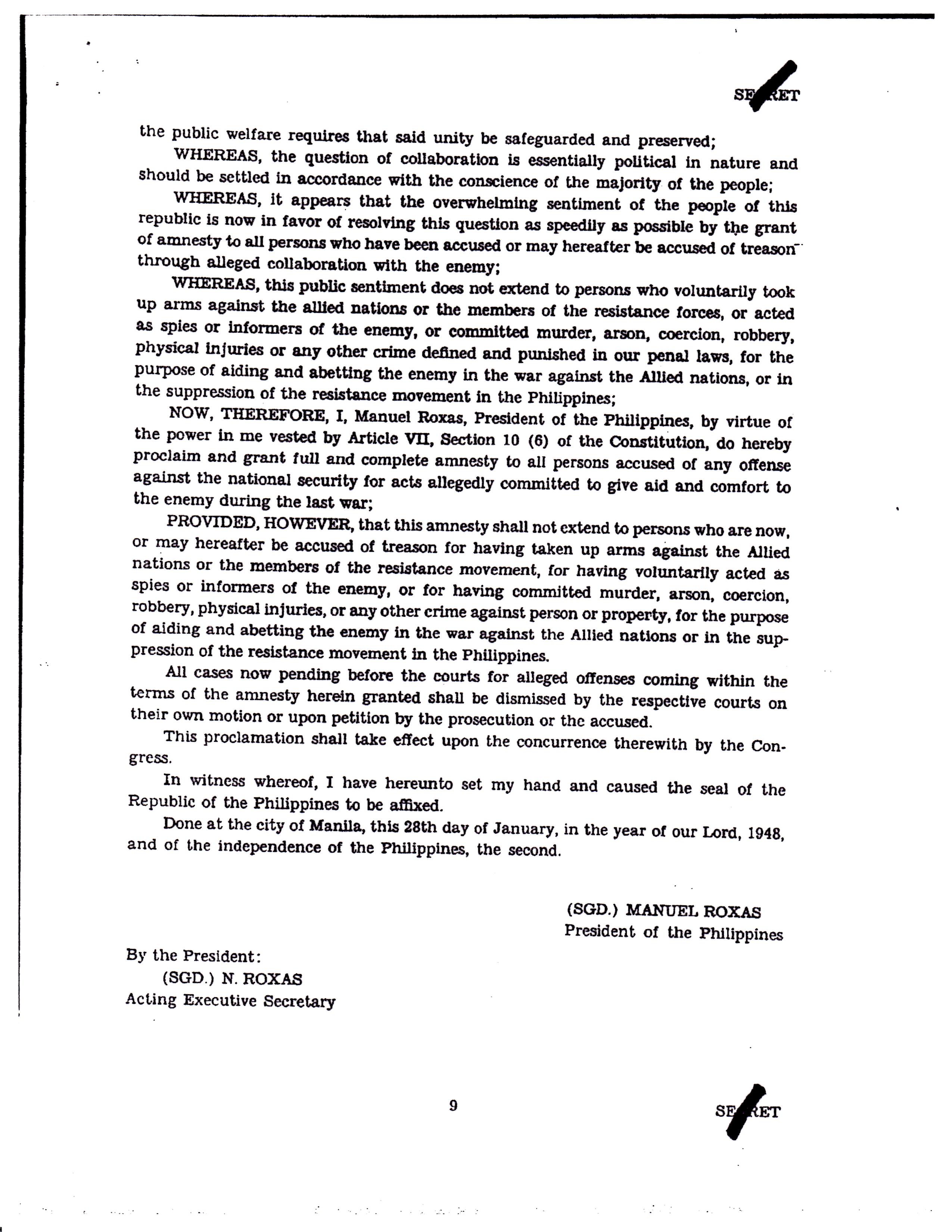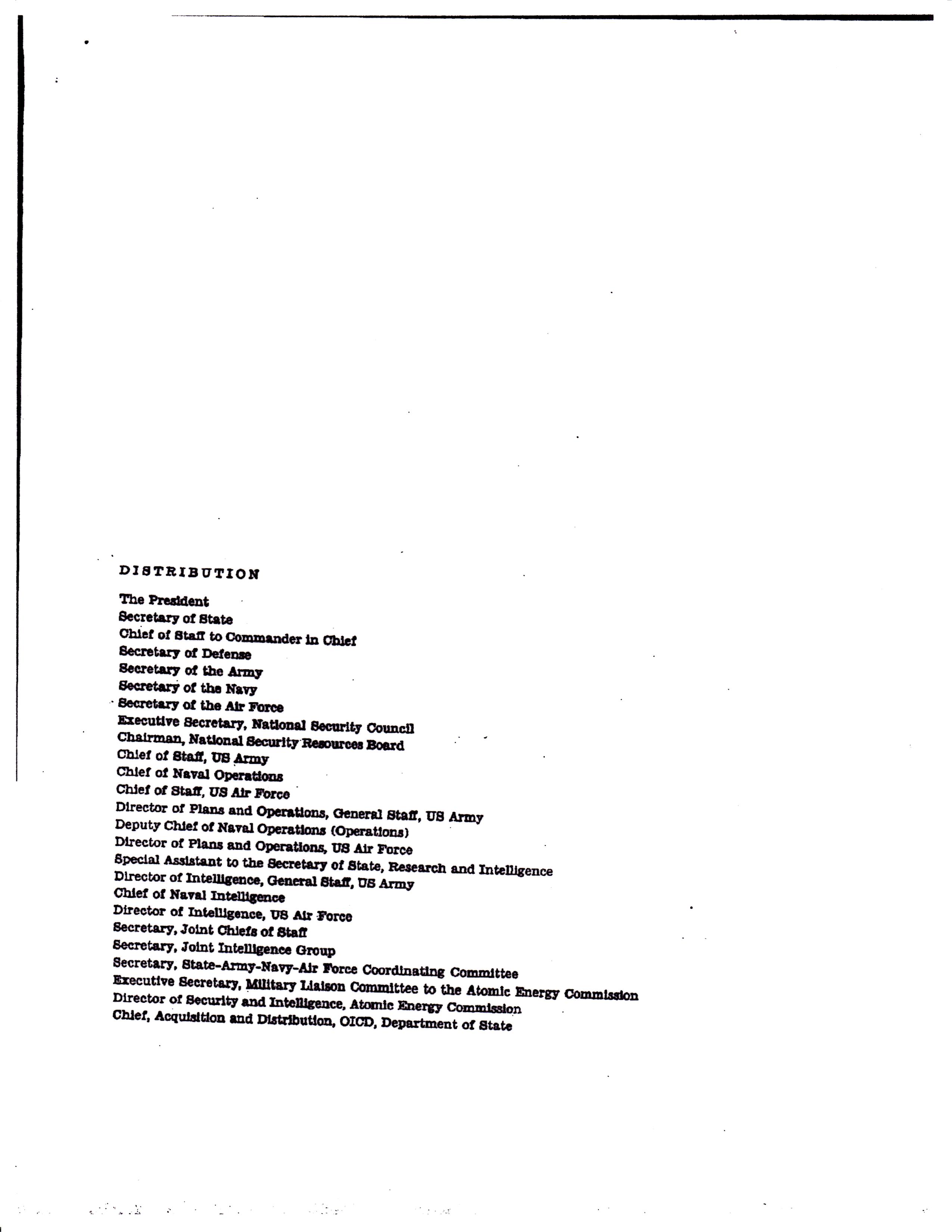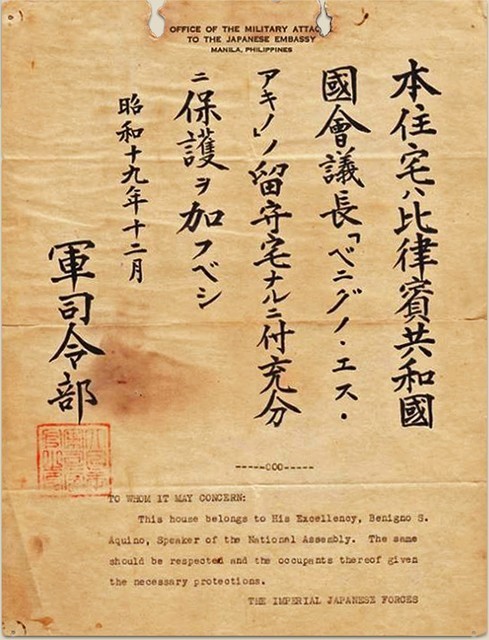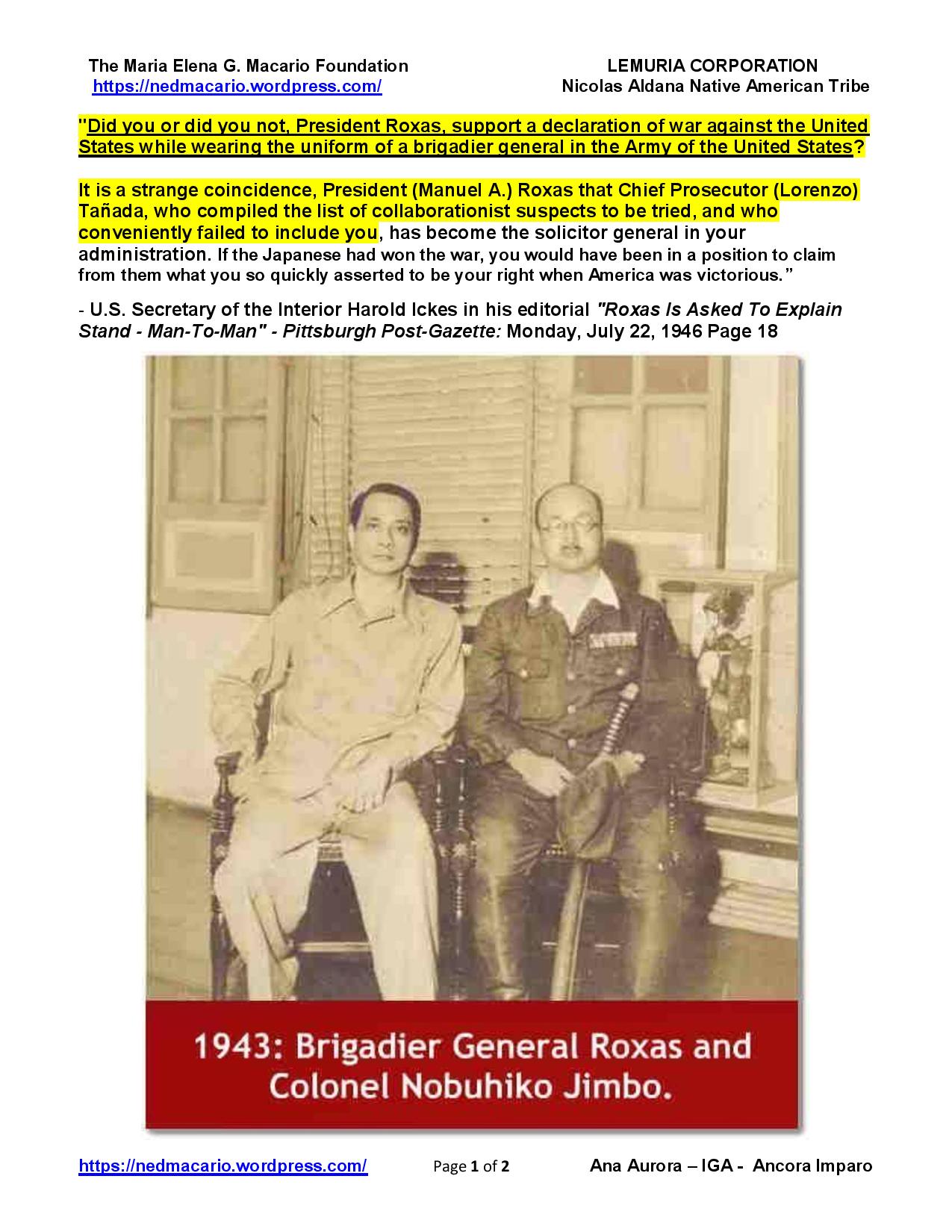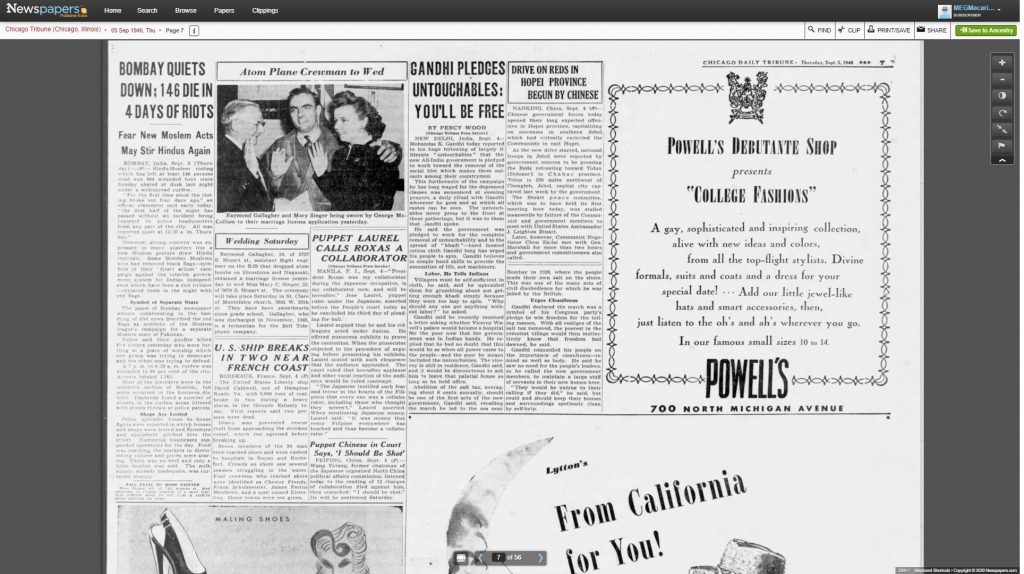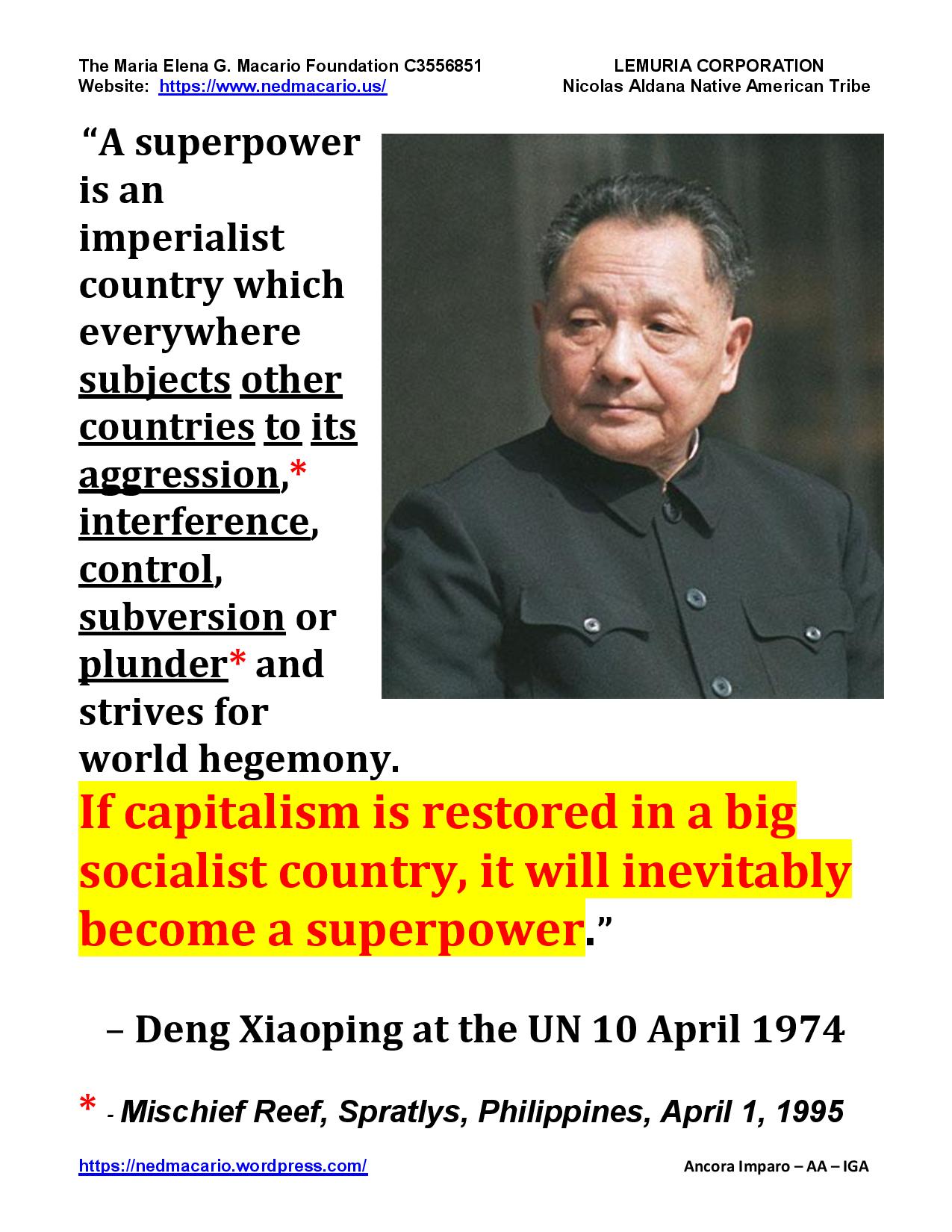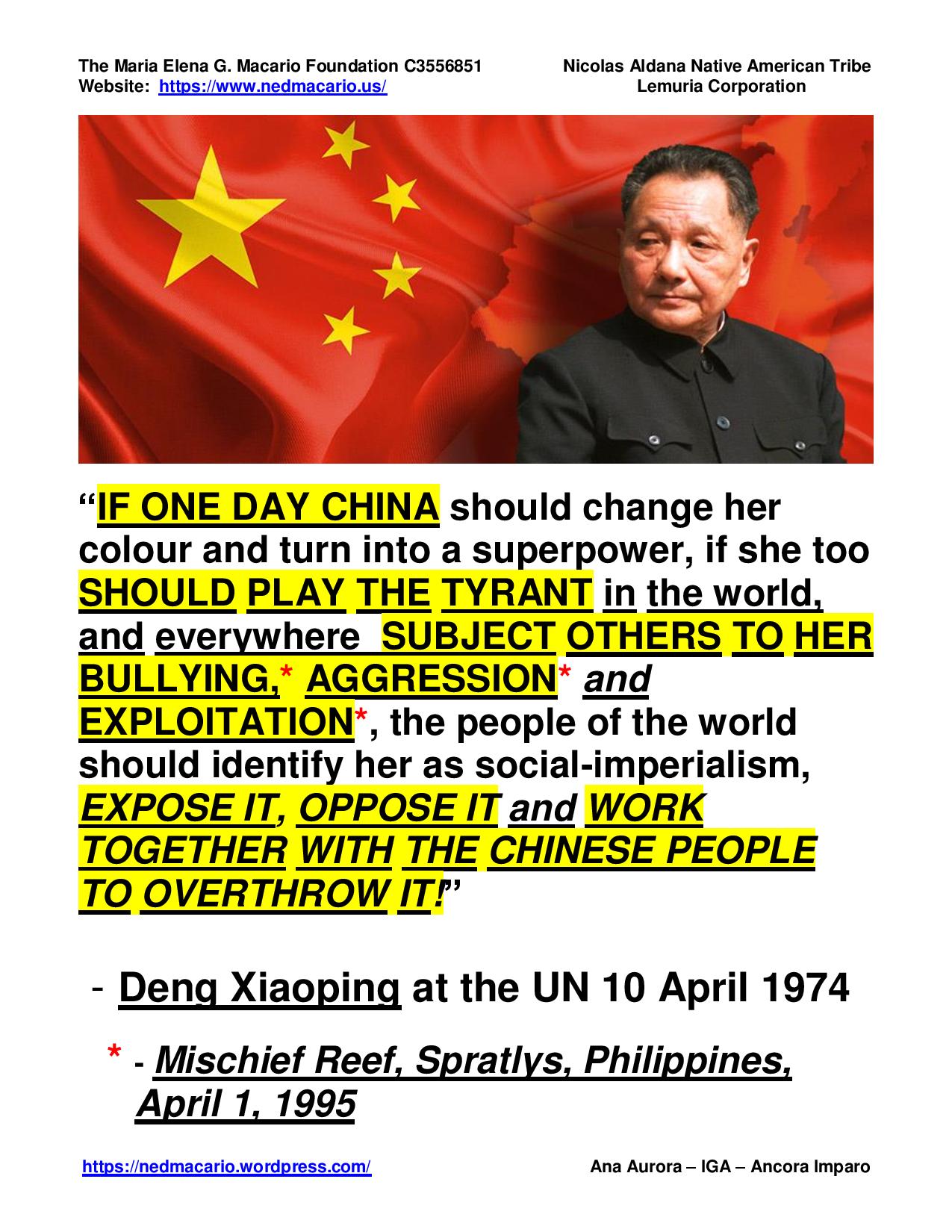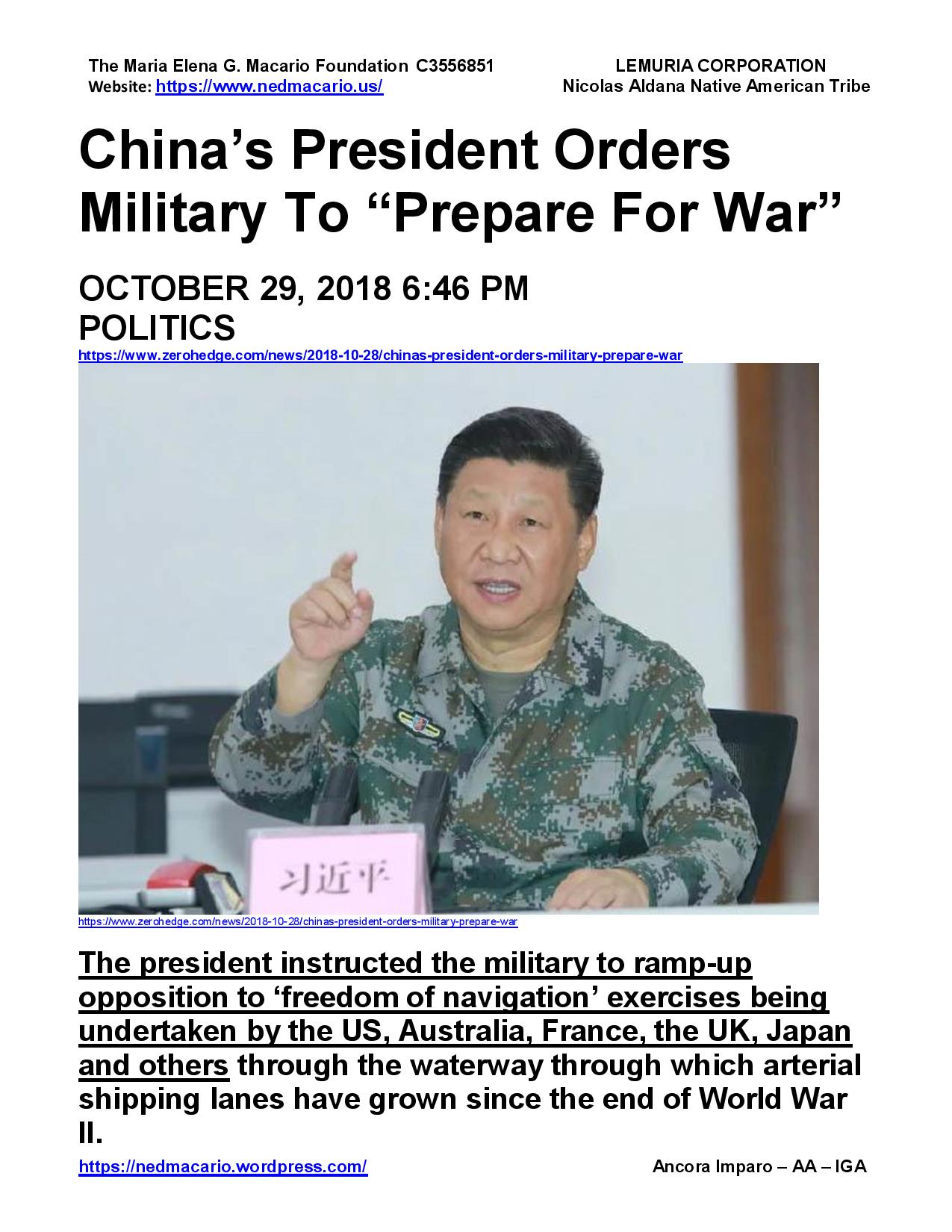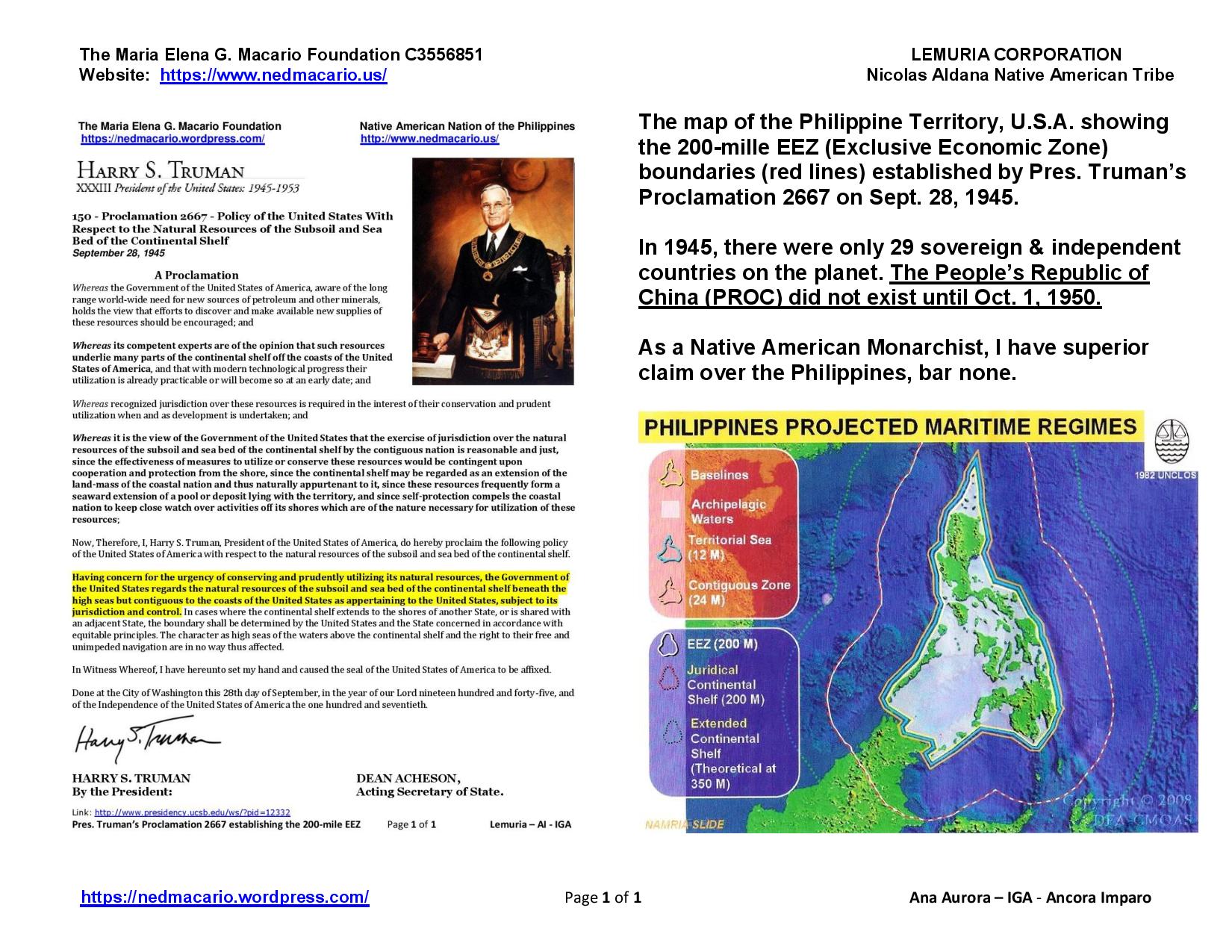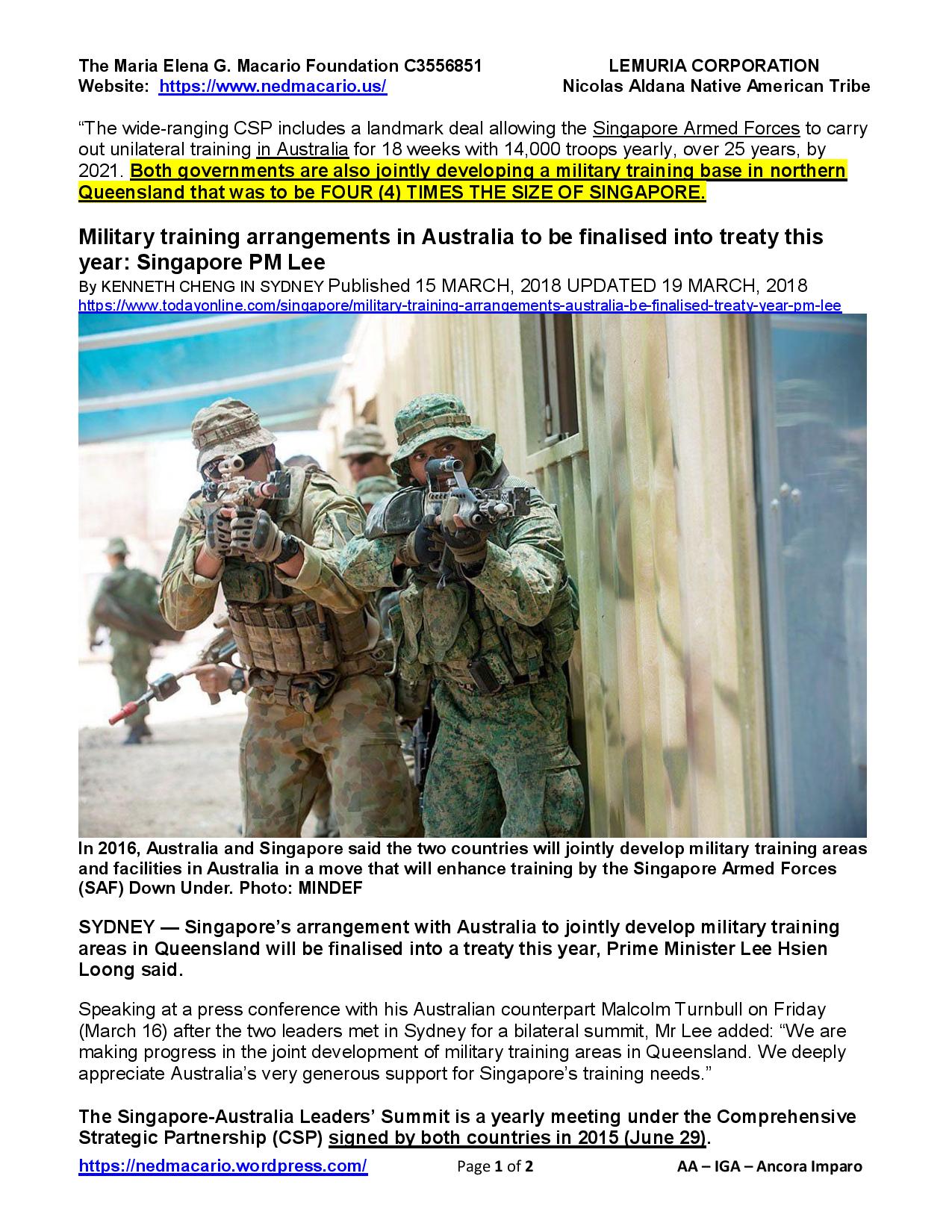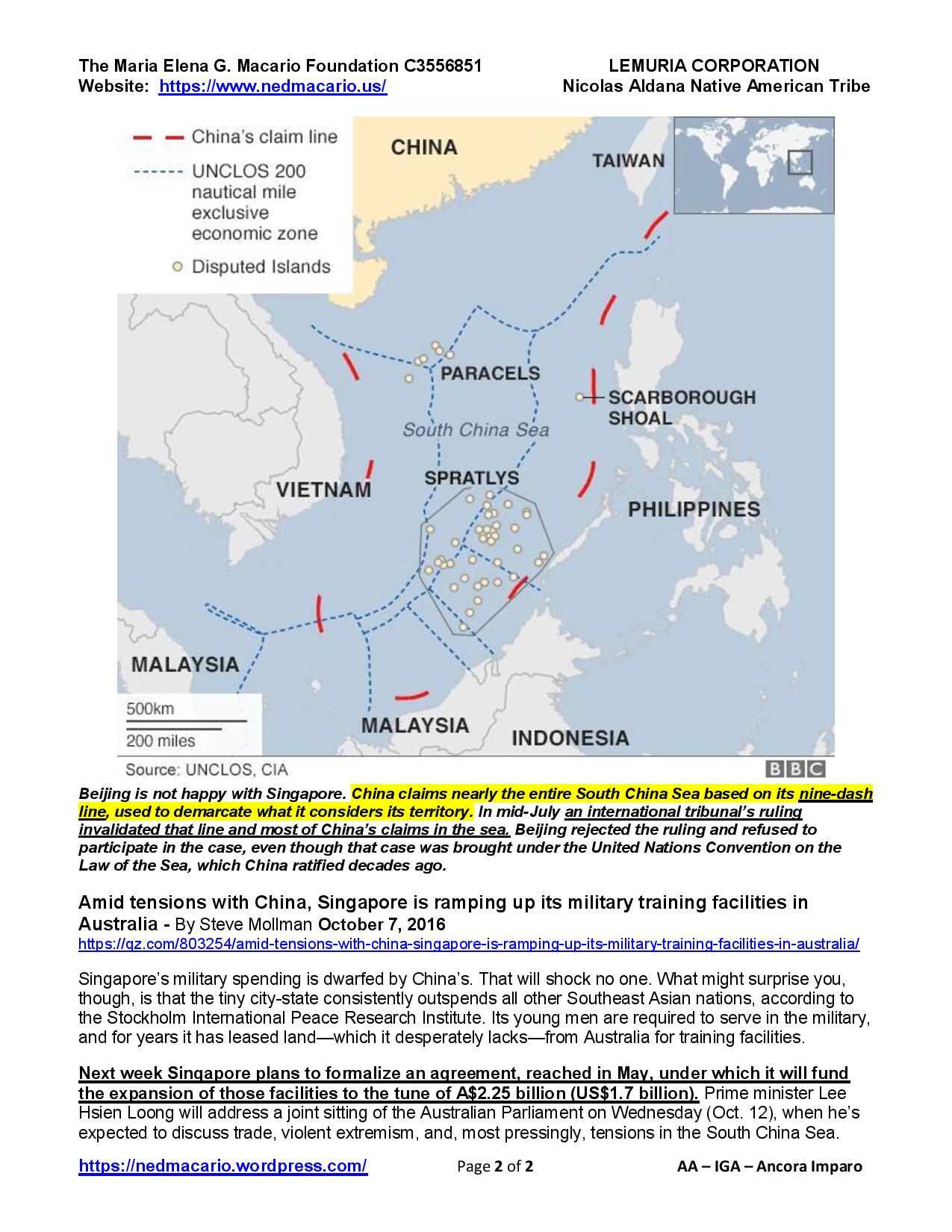There were 51 Medal of Honor recipients who earned the distinction defending and liberating the Philippines in WWII. Of these, thirty-one (31) were awarded posthumously. Because Japanese collaborators retained power even after WWII, few Filipinos and even Americans know about the heroism and sacrifices of these men. 1st Lt. Alexander R. Nininger, Jr. “A” Co. 57th Infantry, Philippine Scouts, US Army, was the first American soldier to win the Congressional Medal of Honor in WWII but his name and
exploits is virtually unknown in the U.S. and in the Philippines.
Seventy years after the end of WWII, on 26 Aug. 2015, Forbes Magazine listed the 50 richest “Filipinos” whose combined net worth totaled $73.1 billion. Yet none of them has been credited with any invention, development or discovery with which they could associate their wealth. Remember after WWII everyone in the Philippines was poor.
WHAT IT MEANS TO BE POOR IN THE PHILIPPINES Living in a Garbage Dump; the “Stockholm-Manila Syndrome” (Bienvenido Macario, USA, 11/12/15 7:05 am) http://waisworld.org/go.jsp?id=02a&objectType=post&o=100109&objectTypeId=79903&topicId=17
This is for the heads of state of 21 member-countries going to the APEC summit in the Philippines on November 18 and 19, 2015.
The Philippines is very rich in natural resources. In 1972 the population was around 38 million. We used to say: “Stick a broom anywhere in the ground and it will grow back and yield a-plenty.” (Magtapon ka ng binhi kahit saan tutubo at mamumunga.)
Fast forward to…today. In the Philippines people are eating food they dig out of the garbage. Other than taking one’s own life, the poor in the Philippines have three choices: 1) Leave the country. 2) Work as a prostitute or lead a life of crime. 3) Eat garbage, literally.
These are the best approaches to philanthropy in the Philippines, in my opinion. Notice they are not Americans.Uploaded on Sep 3, 2009
“When Briton Jane Walker first saw children rummaging through trash heaps while on a trip to the Philippines in 1996, she decided to do something about it. Employing about 100 people, Walker helps improve the lives of thousands of children and their families who otherwise would be forced to eke out a living picking through Manila’s garbage dumps.
Jennifer Glasse reports.” Garbage Dump Philanthropist Helps Thousands in Philippines Escape Poverty https://www.youtube.com/watch?v=6_9FZG1JyHQ
How can the International community allow the 50 richest “Filipinos” to continue amassing so much wealth while majority of the natives of the Philippines are starving and reduced to eating garbage?
Another item, from 2012: “Having to give birth to your children on a rubbish dump is squalor that shocks. The only anchor of hope on a burning Philippine refuse tip is the priest and SVD missionary Fr. Heinz Kulüke from Germany.”
Living on a Philippine rubbish dump
https://www.youtube.com/watch?v=heVMnceNJS8
Excerpt: “I buried 17 children myself in one week.”–Fr. Heinz Kuluke of Steyler Mission
Most Filipinos fall into four types: 1) the brainwashed; 2) those with Stockholm syndrome; 3) the indifferent ones. 4) Combination of the three. I’m sure by now many Filipinos have the “Stockholm-Manila Syndrome” that started in 1946. It is a syndrome in which the victims, in this case Filipinos, end up loving their abusers the oligarchs, their politicians, the politicians’ relatives and friends, and the oligarchs’ cronies. And they hate the Americans and European missionaries. “Stockholm-Manila syndrome” is really the better designation for Filipinos instead of just “Stockholm syndrome,” which psychologists are more familiar with. Filipinos love their abusers–this is the “Stockholm Syndrome”–and hate those who genuinely care and help them–this is the “Manila Syndrome.”
JE comments: The sad lot of the Philippines’ garbage-dump residents reminds one of Mexico’s “pepenadores,” who have developed a complex culture among the rubbish. Bienvenido: what is the Tagalog term to refer to these people? Is the “Manila Syndrome” limited to the Philippines? Might we say there is a universal human trait to resent your benefactors–even when you are outwardly thankful?
